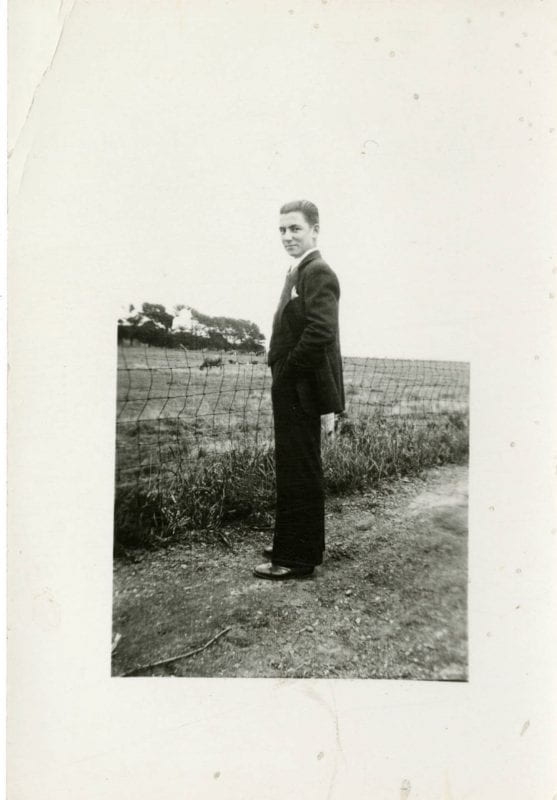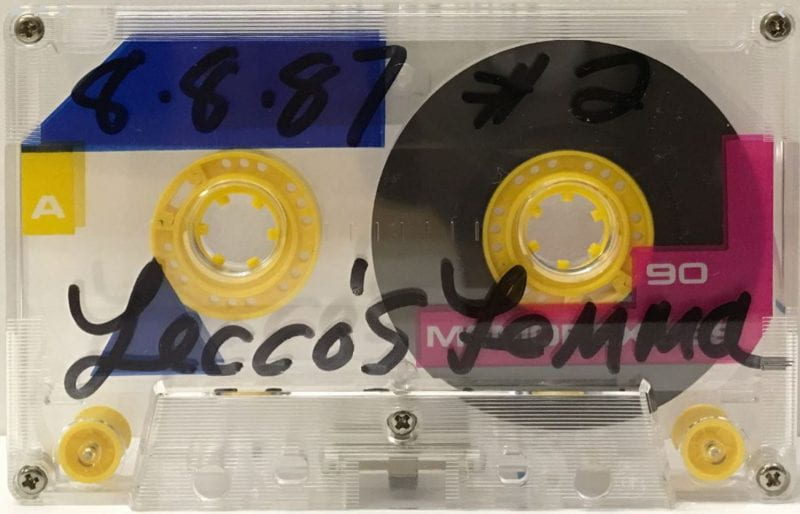Thompson Island Boys School, Margaret Hart, from the Scrapbook of Thompson Island Farm and Trade School 1921-1928, inkjet prints and watercolor on rag paper collage, 2024.
Artists in the Archive, an exhibition opening this week in the Grossmann Gallery on the fifth floor of the Healey Library, features original work by members of the Endpoint Collective–Deborah Carruthers, Gabriel Deerman, Margaret Hart, and Mark Roth–as well as multi-disciplinary and Indigenous artist Erin Genia. All artists worked directly with materials from the University Archives and Special Collections in the Joseph P. Healey Library at the University of Massachusetts Boston to address issues of climate change and social justice in this region.
The exhibition is curated by Carol Scollans, Professor of Art and Art History at UMass Boston, and will be on display through January 17, 2025. A reception will be held on Friday, October 25, 2024, from 4:00-5:30 p.m. Members of the university community and the general public are welcome to attend.
The Endpoint Collective is a group of research-based artists from around the world who have found value in challenging traditional subjects and processes in their artmaking practices. One of the central questions they posit is the transition toward a posthuman existence exacerbated by the looming environmental issues we face. Their work explores non-hierarchical positioning of human and non-human beings (such as animals, fauna, and the earth). By means of traditional and inventive research, group discussions, and the creation of artworks, the collective has found a distinct vocabulary for their originative endeavors. Through exhibitions of their shared work, the collective invites the public into a conversation about these thought-provoking concepts as well.
Through their respective works, each of the five artists investigates issues of connection, replication, and structure via process-based mechanisms including printmaking, collage, photomontage, painting, and textiles. The works present a fascinating investigation into these complex issues with multi-layered and process-centered resources while boldly engaging the viewer through rich imagery and provocative methodological approaches.
Looking for Light Under the Ground (diptych), Gabriel Deerman, block printing ink on paper, 2024.
Gabriel Deerman is a painter, printmaker, and draftsman exploring figurative and landscape based art. Working from observation, his approach addresses globalization and climate change triggered by scientific and cultural human relationships to time and place. His distinctive approach questions traditional aesthetic experiences of the natural world as a way to bridge the human and nature divide.

Boston Harbor Islands Jewel Beetle, Margaret Hart, inkjet print on rag paper collage, 2024.
Margaret Hart is a mixed media artist, using principally photography and collage as a way to investigate climate change, gender, technology, and personal narratives. Her work examines the philosophical potential of a post-human era questioning what the world is and what it could look like where humans are no longer the central characters of existence.
Re-Viewed, Deborah Carruthers, Circular birch panels, acrylic paint, 2024.
A Montreal native Deborah Carruthers is an interarts painter, installation artist, and composer who collaborates with scientists and activists around the world exploring environmental issues; particularly the distress caused by the lived experience of environmental change and human intervention called “solastalgia.”
Call to Consciousness 3 Erin Genia, Ceramic, MDF board, acrylic paint beads, mixed media, 2024.
Erin Genia, Sisseton-Wahpeton Oyate, is a multidisciplinary artist, educator, and community organizer specializing in Native American and Indigenous people’s arts and culture. Her work is focused on amplifying the presence of Indigenous peoples and seeks to invoke an evolution of thought and practice aligned with the natural world and the potential of humanity.
Group Gather Around Group after “Group Gathers Around Fir Tree” photograph from the Boston Urban Gardeners Collection, Mark Roth, acrylic on canvas, 2024.
Painter and curator Mark Roth is based in New York and studies human behavior from a biological perspective. Using formal painting practices, Roth aspires to discover stories resonant to the Anthropocene or the current geological age during which human activity has been the dominant influence on climate and the environment.
This exhibition is held in conjunction with the Thinking About Climate Change: Art, Science, and Imagination in the 21st Century conference which will be held in the UMass Boston Campus Center Ballroom on October 25-26, 2024.
The Grossmann Gallery is open during Healey Library hours.
University Archives and Special Collections in the Joseph P. Healey Library at UMass Boston collects materials related to the university’s history, as well as materials that reflect the institution’s urban mission and strong support of community service, notably in collections of records of urban planning, social welfare, social action, alternative movements, community organizations, and local history related to neighboring communities. University Archives and Special Collections welcomes inquiries from individuals, organizations, and businesses interested in donating materials of an archival nature that that fit within our collecting policy. These include manuscripts, documents, organizational archives, collections of photographs, unique publications, and audio and video media. For more information about donating to University Archives and Special Collections, click here or email library.archives@umb.edu.
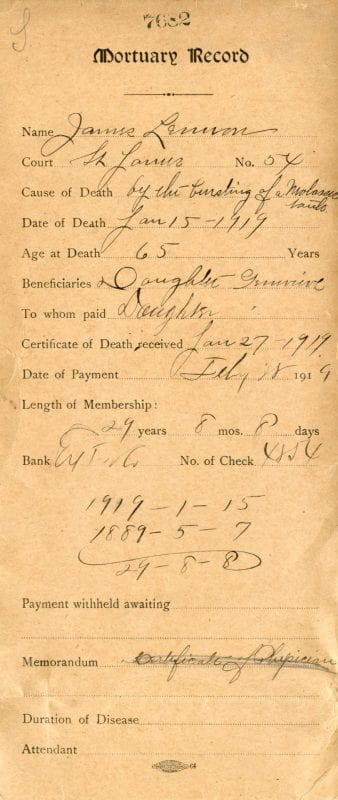
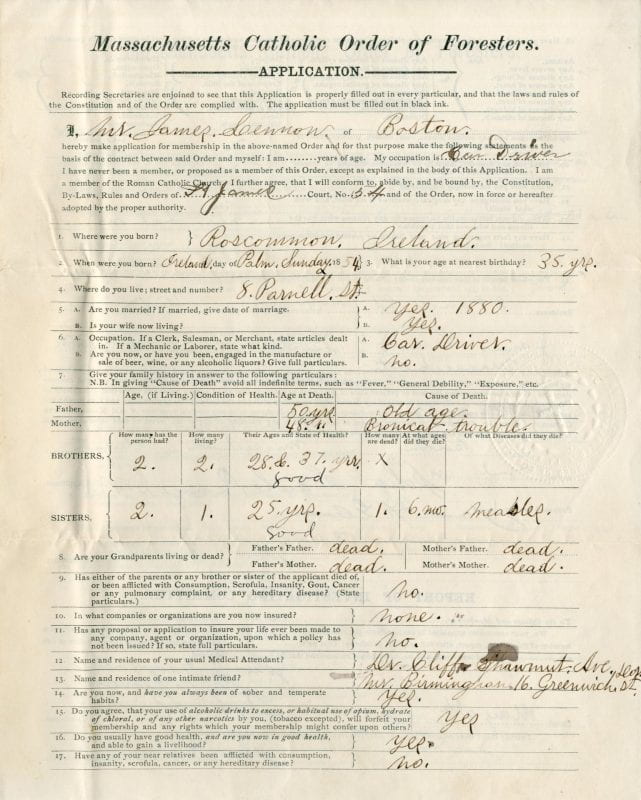


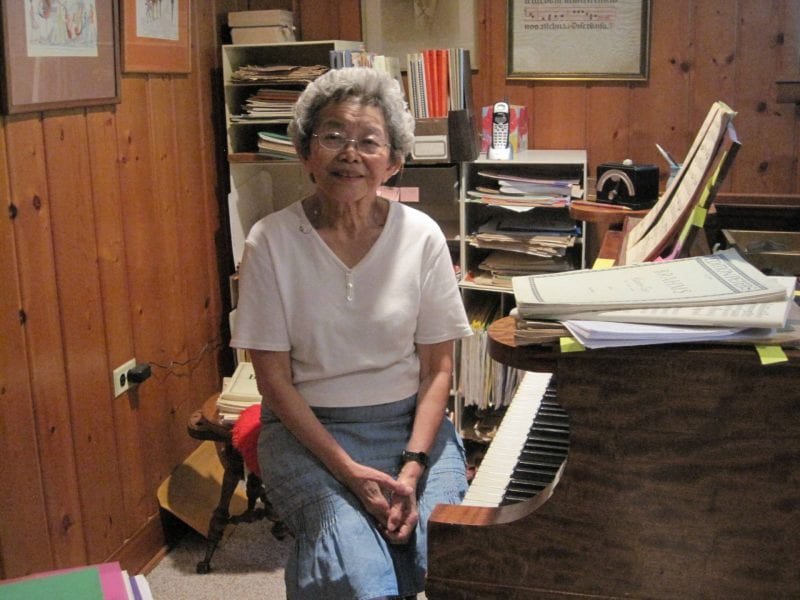
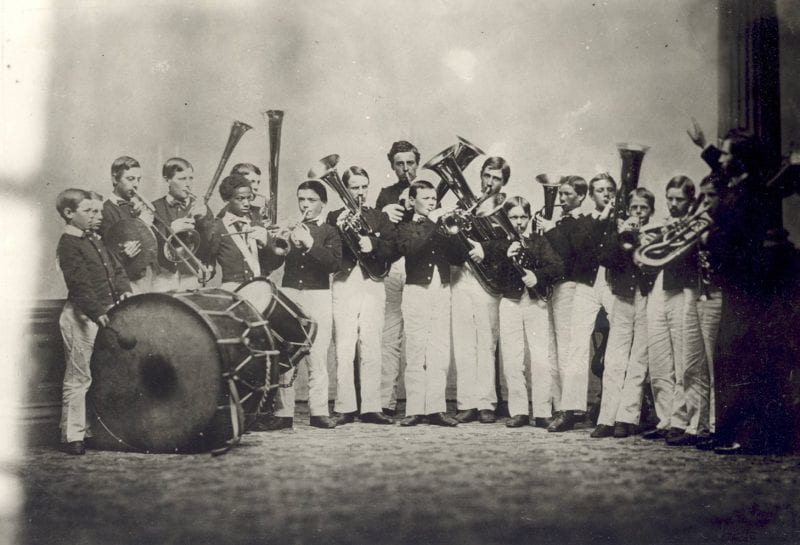
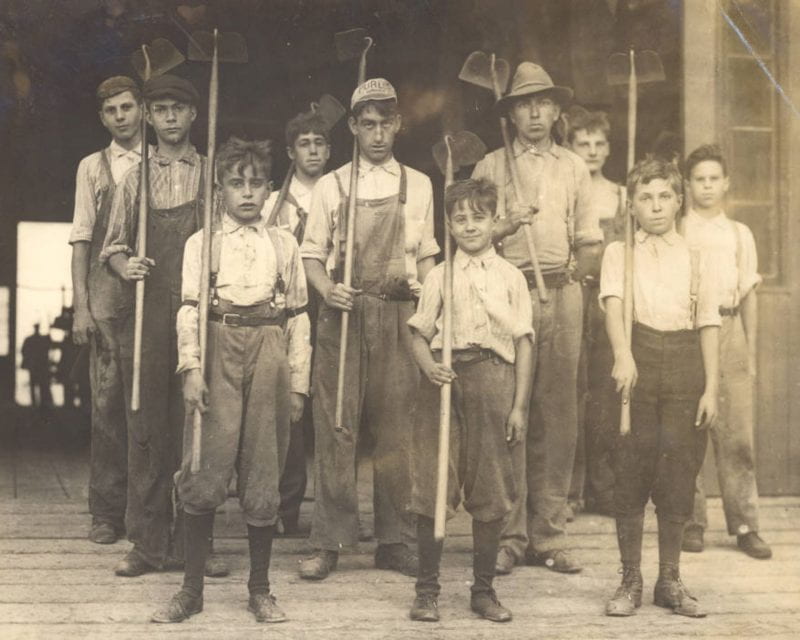
![Two photographs on the page of a scrapbook. The top photograph shows a person standing in front of a small airplane. The lower photograph is a portrait of a young man in front of a brick wall with "Bob [illegible]" written in pencil underneath.](https://blogs.umb.edu/archives/files/2022/07/ti3-657x800.png)
